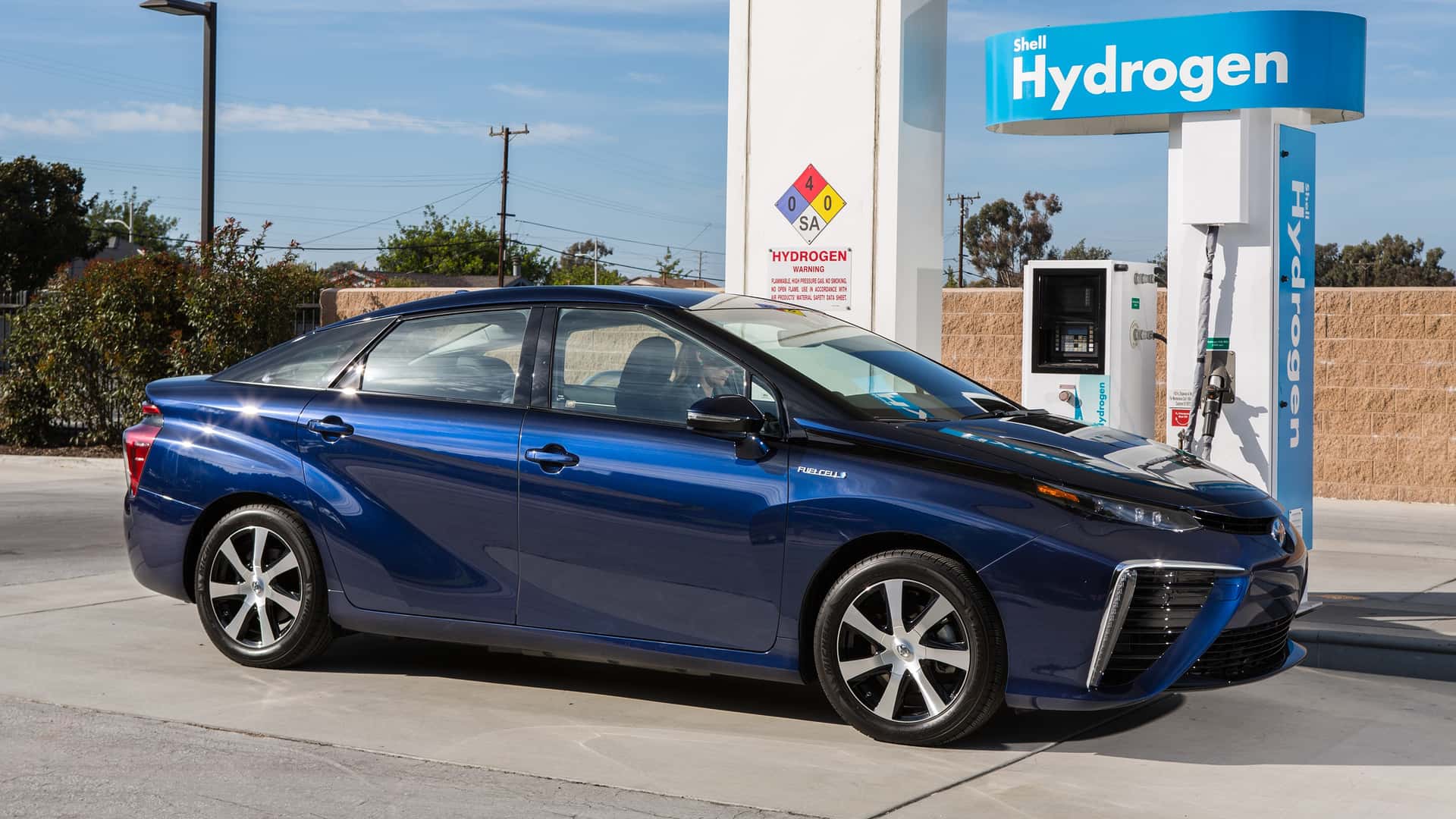Shell Is Immediately Closing All Of Its California Hydrogen Stations | The oil giant is one of the big players in hydrogen globally, but even it can’t make its operations work here.::The oil giant is one of the big players in hydrogen globally, but even it can’t make its operations work here. All seven of its California stations will close immediately.



I am not familiar with it, would you mind telling me how much works? Why would Hydrogen not be sourced from ocean water and then compressed/stored? How did fracking come in, it seems like a chore to have made it so
Because electrolysis requires ungodly amounts of electricity in order to work on industrial scales in theory it’s doable but no one does it. We would practically have to crack nuclear fusion to make it viable, which sort of defeats the point.
However you can get it from shale gas quite easily because it’s just in there mixed in with the gas, I assume some geological process creates it, so you just need to separate it from the gas. The trouble is it involves doing the actual fracking, even if you don’t actually ever burn the gas, which they also do because of course they do.
It’s just a totally stupid system all around.
Namibia is set to produce 15Mt/a of hydrogen by 2050, using about 15TWh/a of renewables, mostly wind. Germany is estimating an approximate need for 2Gt/a for its industry which is why we’re also tapping e.g. Canada, they’re planning on scaling to 20Mt/a by 2050. Transport will be in the form of hydrous ammonia.
Yes it’s still a steep climb and the numbers are staggering but remember that this is replacing oil not just as fuel but also chemical feedstock and BASF Ludwigshafen alone consumes more resources than several small countries combined.
There’s literally no alternative to that, same goes with steel smelting. Application in vehicles are going to be an insignificant blip compared to the overall hydrogen economy.
It can be through electrolysis, but it is almost never done that way. It’s less efficient than simply using the grid to charge batteries, in that usecase the ONLY benefit it has its energy density (and that might not last either).
In practice the main source is as a byproduct from refining fossil fuel like oil or gas which is separated and collected.